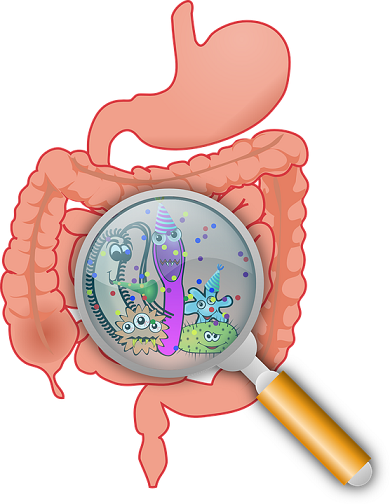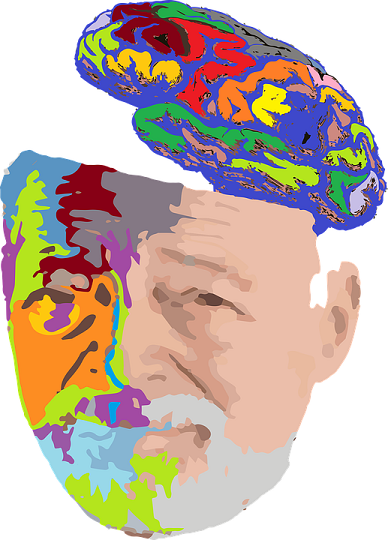Aging Well: Be as Young as Your Brain
According to research, feeling younger than your age can be directly linked to your brain aging slowly. This was determined by assessing the MRIs of over 60 persons who ranged from 59 to 84. The results showed that the persons who felt and acted younger than they were showed more activity in their brain scans, showed fewer signs of depression, and had better memories. With that in mind, it is imperative to protect your brain from aging.

Signs of an Aging Brain
If your brain is aging quickly, you’re more likely to have cognitive problems such as having difficulty remembering names or finding the right words to use. You may also have trouble multitasking and paying attention to what is going on around you. These should not be confused with symptoms of a possible degenerative disease as outlined in an article by Steemit. If you experience any of these symptoms, you need to report them to your doctor immediately.
Keep Active
Power of Positivity lists a lack of exercise as one of the main causes for persons who suffer from an aging brain. Research shows that being physically active has a positive effect on the medial temporal lobe, which deals with memory function and cognitive performance. The other mental health benefits of exercise include a decrease in anxiety, depression, and stress. You are also more likely to get better sleep when you have an established exercise regimen. Social interaction is another way in which you can keep active. When you maintain relationships with others, you develop a social support structure that can help in times of personal hardship.

Watch What You Eat
Recent studies suggest that there is a link between proper nutrition and mental health. There is reason to believe that having a healthy diet can improve your mental and emotional health as well as make you less prone to depression. Interestingly, there is also a link between the gut microbiome and mental health. This article from Healthline delves into how maintaining good gut health has a positive influence on brain health. In particular, a healthy gut manufactures neurochemicals that control emotions in the brain. It makes sense to eat foods that encourage a healthy gut microbiome such as garlic, leeks, yogurt, and raw milk cheeses.
Find Ways to Relax
It’s important that you put aside some time for relaxation. Whether you spend it meditating, having lunch with a friend, reading a book, or going for a walk, the benefits of stepping away from the daily hustle and bustle are too many to ignore. Relaxation not only releases muscle tension, but it also reduces stress and anxiety and boosts the brain’s cognitive ability. This results in you having a better memory and being able to carry out tasks more productively. There is also evidence that people who regularly practice relaxation techniques are less likely to suffer from the symptoms of depression and anxiety.
One way to relax is to spend more time outdoors. Activities such as hiking, camping, and boating can help relieve stress. Just make sure you’ve got the right gear before you head out. For instance, if you’re on the trails, you’ll need quality hiking boots, and if you’re on the water in your boat, you should have proper safety gear and dock bumpers to protect your boat.

Work That Brain
Aside from remaining physically active, you can keep your brain young by practicing brain-training exercises. These exercises challenge your brain with novel activities that are different from your normal day-to-day schedule. The benefits of these exercises include decreased stress, increased memory, and better ability to focus, to name a few. Having a more active brain will keep your brain young.
These suggested tips for keeping your brain young and healthy are small ones that can be incorporated easily into your daily life. As such, it doesn’t take much out of you to make them and reap the significant benefits for your brain and overall mental health.
